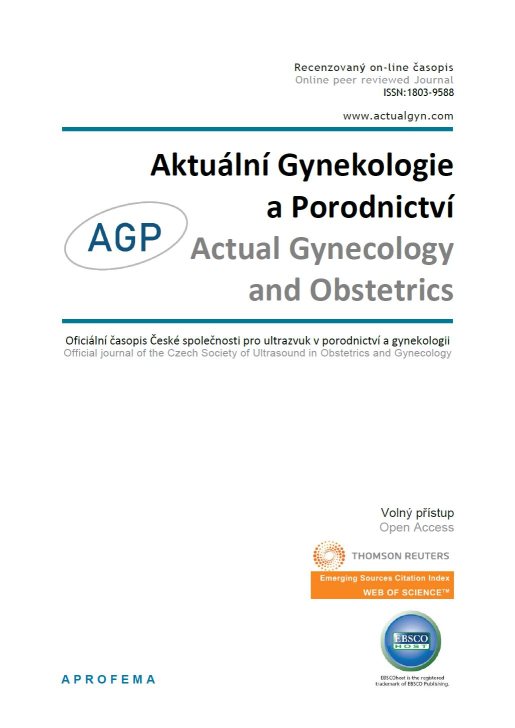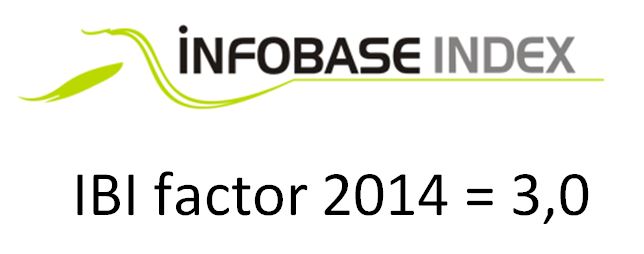











 Official publication of the Czech Society of Ultrasound in Obstetrics and Gynecology.
Official publication of the Czech Society of Ultrasound in Obstetrics and Gynecology.

Objectives: Deficiency of folic acid in periconceptional period is a risk factor of congenital malformations including neural tube defects in offspring. Supplementation with folic acid before conception, covering conception and first weeks of pregnancy is the primary prevention of mentioned disorders. The study evaluates knowledge about folic acid and the effects of its deficiency, as well as supplementation of folic acid among female university students in Poland.
Methods: 184 female students from John Paul II University in Biała Podlaska were recruited for this study. The respondents received an anonymous questionnaire with questions about demographics and those regarding knowledge about folic acid and usage of folic acid supplements.
Results: Majority of the participants were aware that supplementation of folic acid by women may be recommended (88%). However lower percentage of the respondents demonstrated knowledge about key aspects related to folic acid – their role in neural tube defects prevention (52%), recommended timing and dose of supplementation (42% and 34%, respectively) and green leafy vegetables as a good source of folates in food (55%). Only 34% of respondents knew recommended dosage of folic acid (0.4 mg). Food supplements with folic acid were taking merely by 12% of surveyed women. Higher awareness regarding to folic acid was observed among students of health sciences and participants aged over 30.
Conclusion: The knowledge about folic acid and its supplementation rate among female students were insufficient. Therefore, education about benefits, timing and proper dosage of folic acid supplements appears to be indispensable among women of childbearing age.